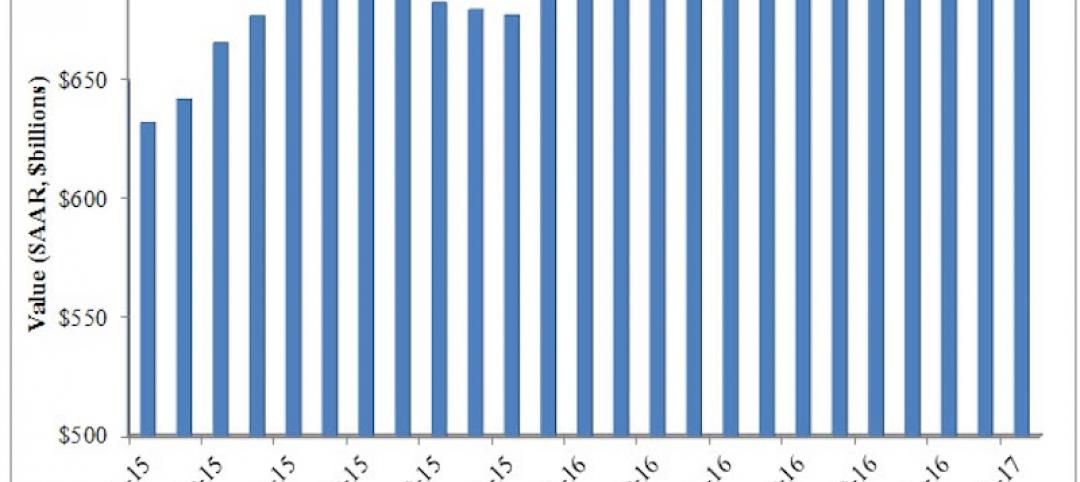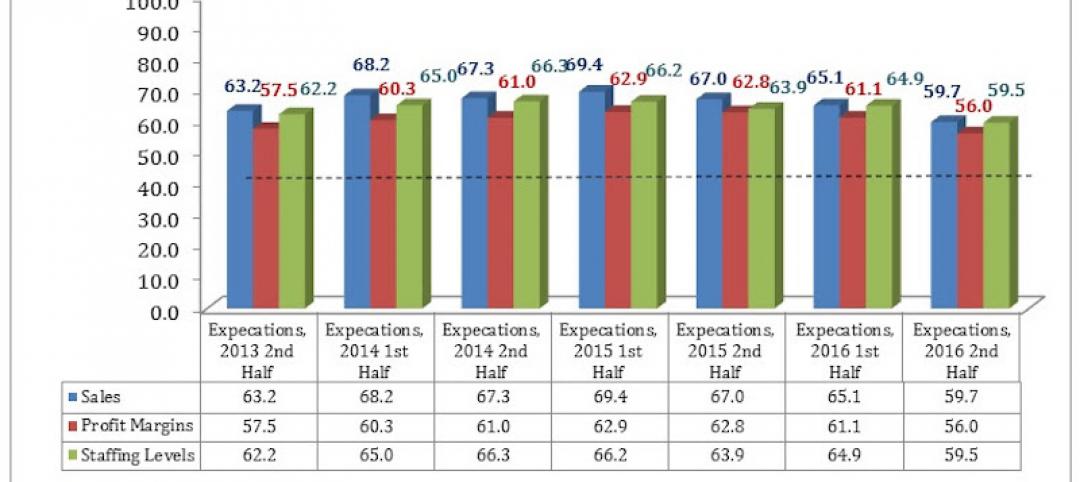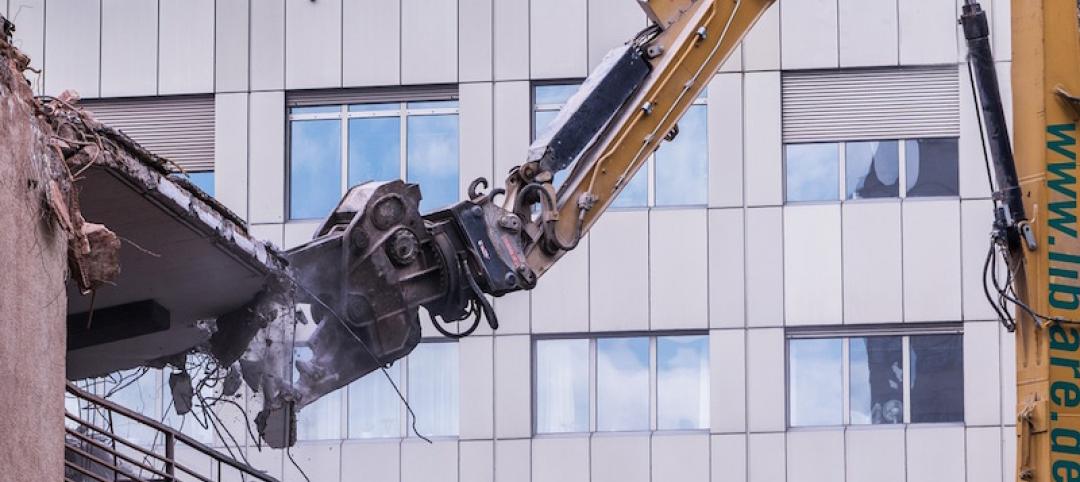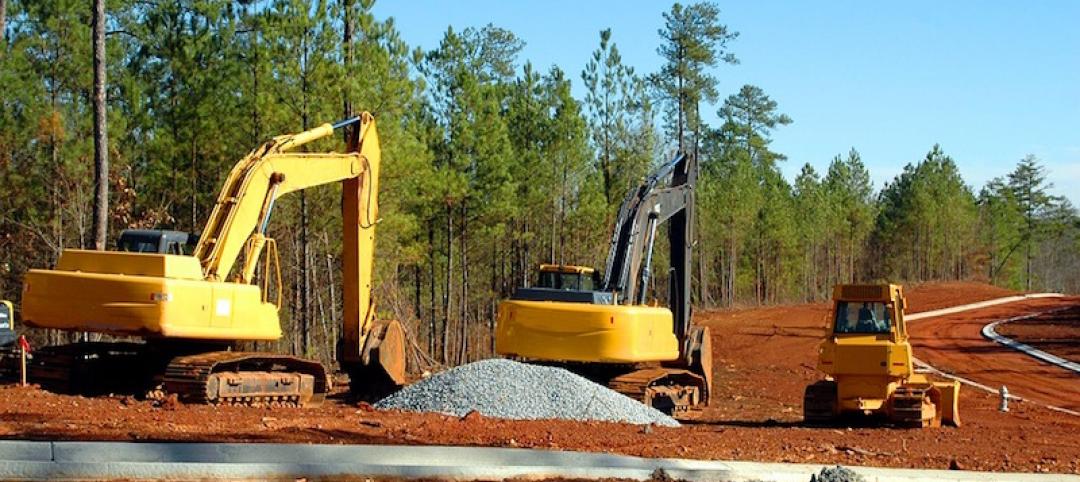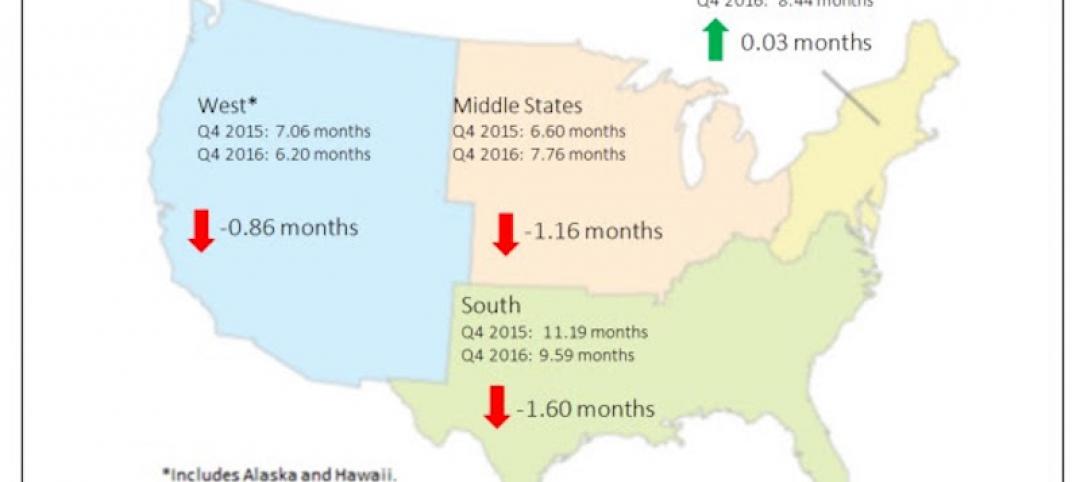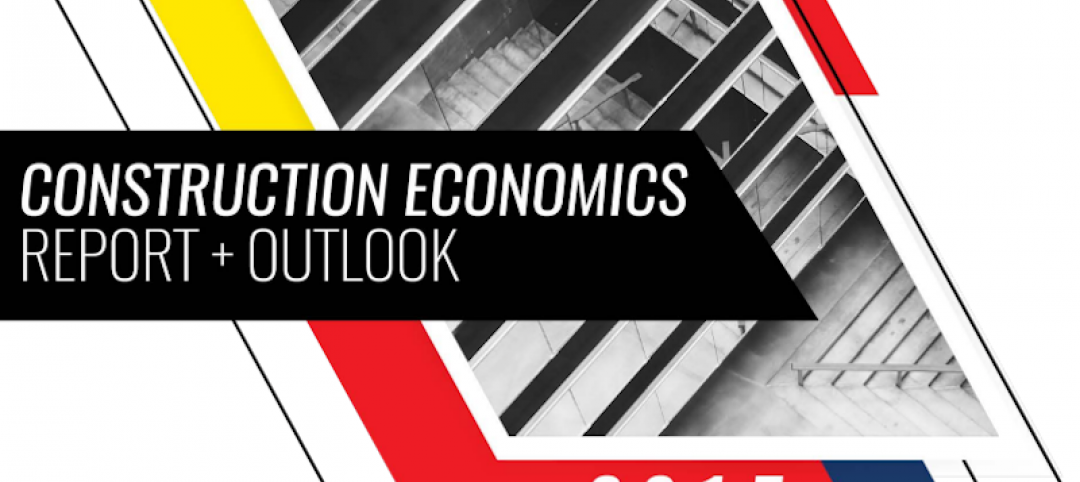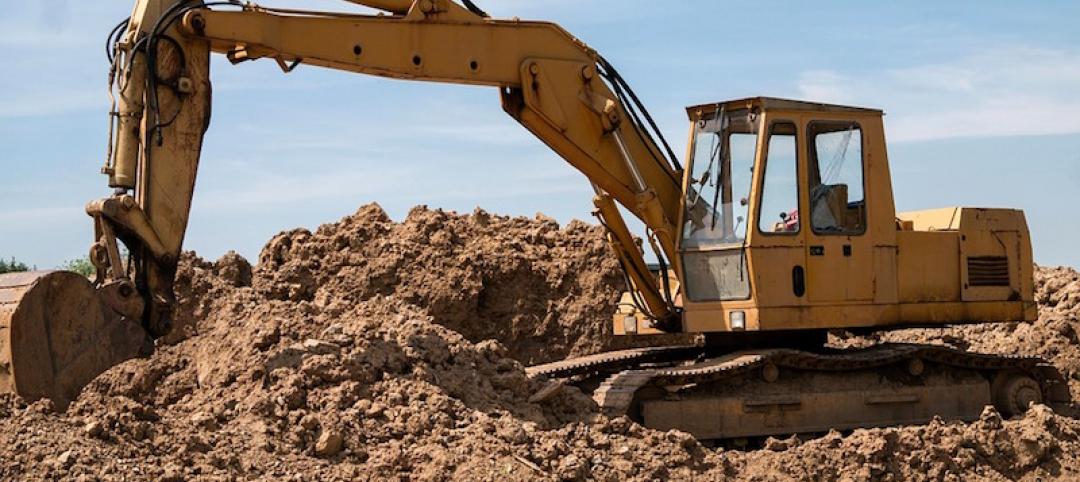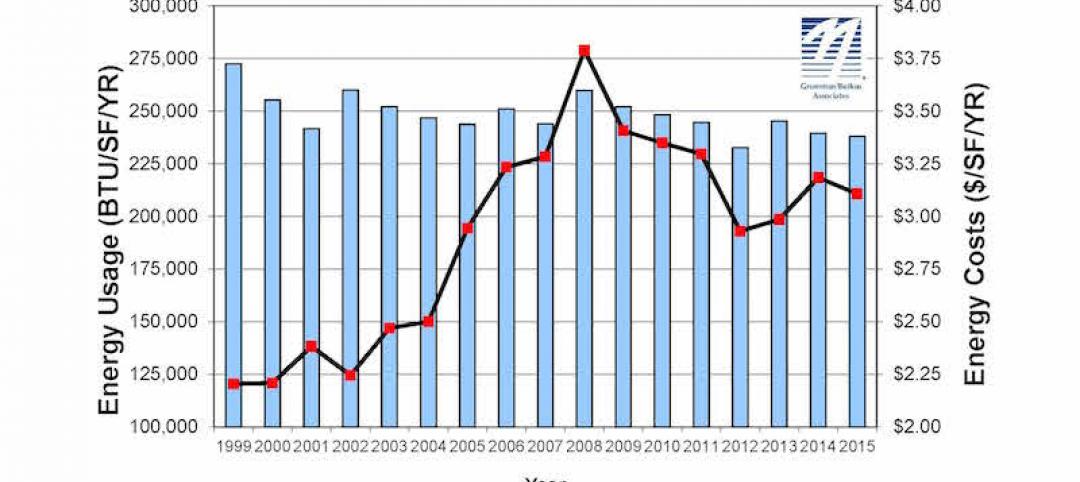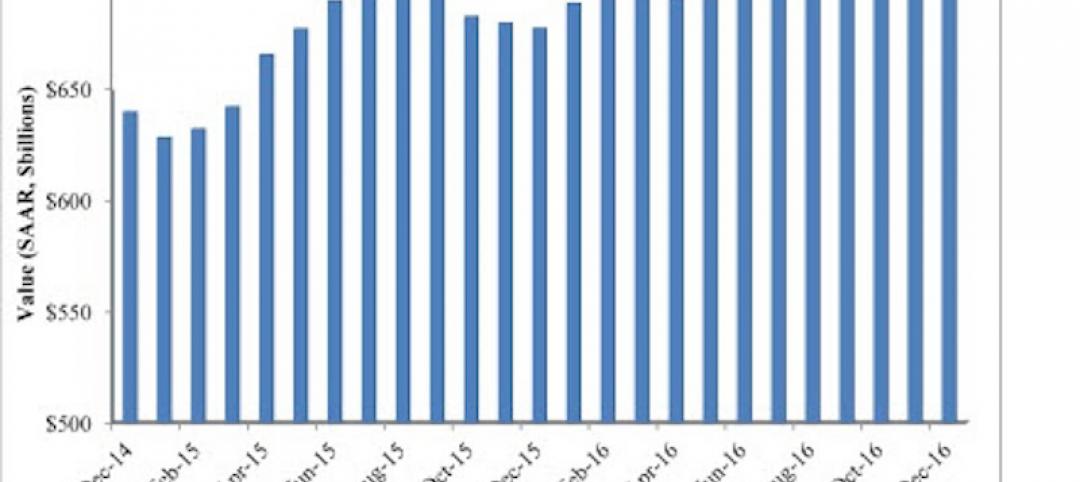A new survey by the American Institute of Architects (AIA) finds that a large majority of Americans (83%) consider public buildings—schools, libraries, community centers, and parks—part of their community’s infrastructure. And, 94% of those surveyed say that having well maintained public buildings are important to the future of their community.
In a key finding for policy makers, 83% of survey respondents agreed that investment in these public buildings is just as important as investment in roads and bridges. The survey also found that seven in 10 Americans want their public buildings renovated, and almost three-quarters of Americans consider public schools in good condition a “must have” in the communities in which they live.
These are some of the major findings of the first-ever AIA survey of American attitudes toward essential community buildings. The survey results, conducted by The Harris Poll, were made public today at the AIA Build America Summit.
Major survey findings:
- More than three in four Americans (78%) think their local government should take some financial responsibility for supporting the investment in their public buildings. Just under two-thirds (61%) think state government should take some financial responsibility. A majority (53%) think that community members should support it, and almost half (46%) believe private entities should also invest.
- A majority of Americans believe that the condition of community buildings can lead to notable benefits, particularly higher property values (60%) and improved quality of education (62%).
- 69% of Americans believe schools are one of the most important buildings to receive a consistent level of public funding.
- On average, Americans feel about one third (34%) of public funds budgeted for community features should be allocated to public buildings and/or spaces. Of the remaining, they would allocate 37% to transportation and 29% to public housing.
- Significant gender differences exist in attitudes toward public buildings and spaces. For example, women are more inclined than men (44% to 34%) to consider public housing options a “must have.” Conversely, older men (44%) place the most emphasis on funding transportation.
- Almost half those surveyed (48%) believe public housing (defined as a combination of senior and affordable housing) is one of the most important community features to receive a consistent level of public funding.
“It is clear from the survey that Americans consider investment in community buildings and spaces a priority,” said AIA CEO Robert Ivy, FAIA. “Not only do they believe that that investment would lead to improvements in property value, education, and public safety, but also serve to attract new businesses and enhance their overall quality of life.”
A copy of the survey results can be found here.
Related Stories
Market Data | Apr 3, 2017
Public nonresidential construction spending rebounds; overall spending unchanged in February
The segment totaled $701.9 billion on a seasonally adjusted annualized rate for the month, marking the seventh consecutive month in which nonresidential spending sat above the $700 billion threshold.
Market Data | Mar 29, 2017
Contractor confidence ends 2016 down but still in positive territory
Although all three diffusion indices in the survey fell by more than five points they remain well above the threshold of 50, which signals that construction activity will continue to be one of the few significant drivers of economic growth.
Market Data | Mar 24, 2017
These are the most and least innovative states for 2017
Connecticut, Virginia, and Maryland are all in the top 10 most innovative states, but none of them were able to claim the number one spot.
Market Data | Mar 22, 2017
After a strong year, construction industry anxious about Washington’s proposed policy shifts
Impacts on labor and materials costs at issue, according to latest JLL report.
Market Data | Mar 22, 2017
Architecture Billings Index rebounds into positive territory
Business conditions projected to solidify moving into the spring and summer.
Market Data | Mar 15, 2017
ABC's Construction Backlog Indicator fell to end 2016
Contractors in each segment surveyed all saw lower backlog during the fourth quarter, with firms in the heavy industrial segment experiencing the largest drop.
Market Data | Feb 28, 2017
Leopardo’s 2017 Construction Economics Report shows year-over-year construction spending increase of 4.2%
The pace of growth was slower than in 2015, however.
Market Data | Feb 23, 2017
Entering 2017, architecture billings slip modestly
Despite minor slowdown in overall billings, commercial/ industrial and institutional sectors post strongest gains in over 12 months.
Market Data | Feb 16, 2017
How does your hospital stack up? Grumman/Butkus Associates 2016 Hospital Benchmarking Survey
Report examines electricity, fossil fuel, water/sewer, and carbon footprint.
Market Data | Feb 1, 2017
Nonresidential spending falters slightly to end 2016
Nonresidential spending decreased from $713.1 billion in November to $708.2 billion in December.


